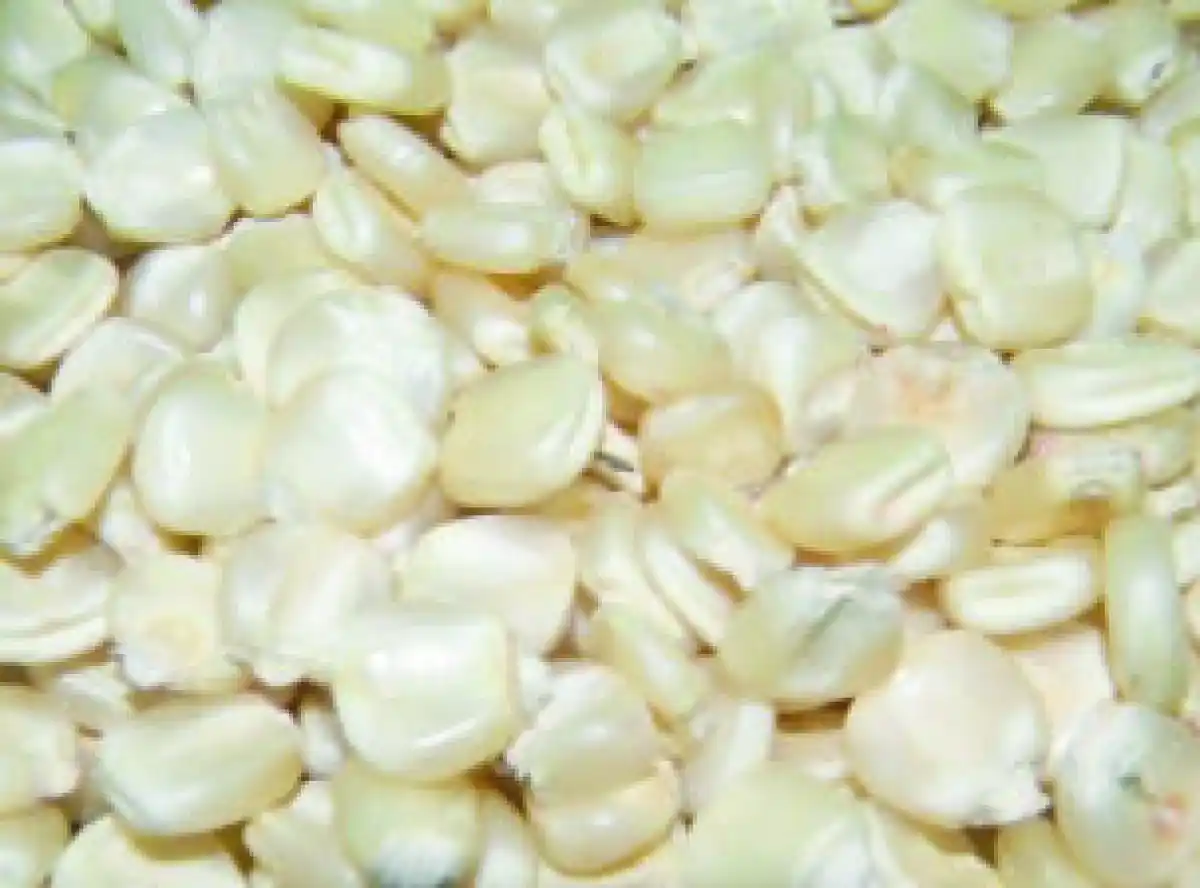
By Benadetta Chiwanda Mia:
Economics Association of Malawi (Ecama) has lamented the effects of food inflation on household budgets, saying it is eroding disposable income that would have been invested in economic growth.
Ecama President Bertha Chikadza said this on Monday when commenting on the rise in Malawi’s headline inflation for January 2025 to 28.5 percent.
This comes as figures from National Statistical Office (NSO) show that food inflation marginally rose by 0.4 percent t0 36.0 percent as food prices soared.
According to Chikadza, in the current microeconomic environment, inflationary pressure is straining household budgets, particularly for low-income earners who spend a significant portion of their income on food.
She, however, noted a marginal slowdown in inflation growth, saying it signaled the possibility of decelerating after some parts of the country start harvesting.
Looking ahead, Chikadza said the outlook still largely hinges on food supply dynamics and changes in non-food inflation drivers such as fuel prices and foreign exchange stability.
“Assuming favourable weather conditions during the 2025-26 farming season, we anticipate an agricultural rebound, which should help ease food price pressures. Consequently, inflation is expected to follow a downward trajectory by the end of the first quarter of 2025.
“However, this outlook remains contingent on mitigating external shocks such as global energy price fluctuations and exchange rate stability,” she said.

In a separate interview, Consumers Association of Malawi Executive Director John Kapito said rising inflation continued to erode buying power, thereby stifling growth chances for many low-income earners.
“Consumers experience real inflation on the ground, which seems much higher than what NSO reports. It appears the inflation basket used by NSO is not aligned the actual consumer experience, and we urge NSO to update it to better reflect the on-ground situation,” Kapito said.
In the past six months, the pace of rising commodity prices has reduced, with headline inflation declining from 33.9 percent in August 2024 to 28.5 percent in January 2025, marking a 5.4 percent slowdown.
Nevertheless, food inflation has seen a consistent increase, rising 3.4 percent in the last six months to reach 6 percent in January 2025 from 2.6 percent in August 2024.
Meanwhile, maize prices have surged by 21 percent since August 2024, reaching an all-time high of K1,243 per kilogramme in January 2025.
Earlier, Manufacturers Association of Malawi Chairperson Gloria Zimba highlighted challenges faced by local producers due to rising production costs, thereby impacting both productivity and consumer prices.








0 Comments